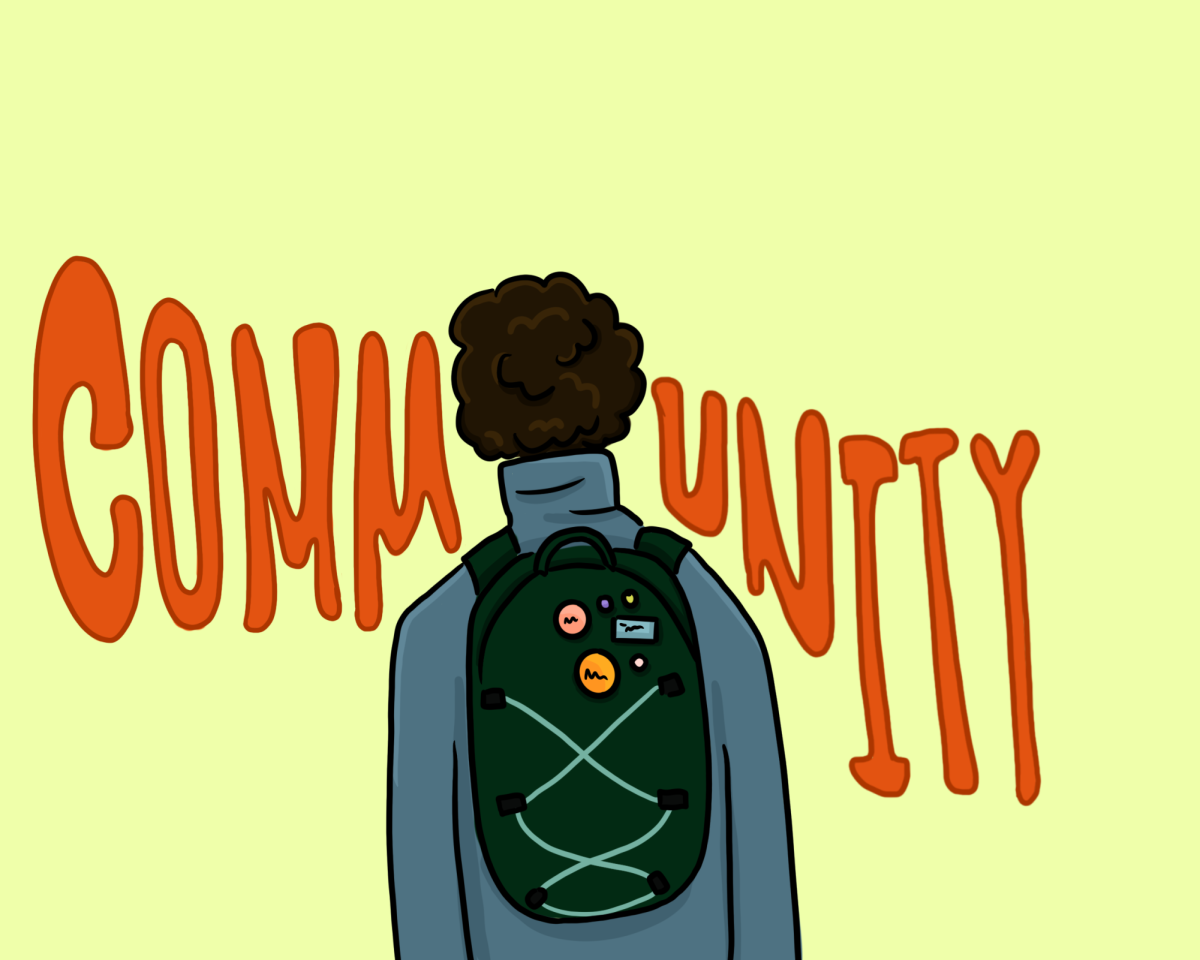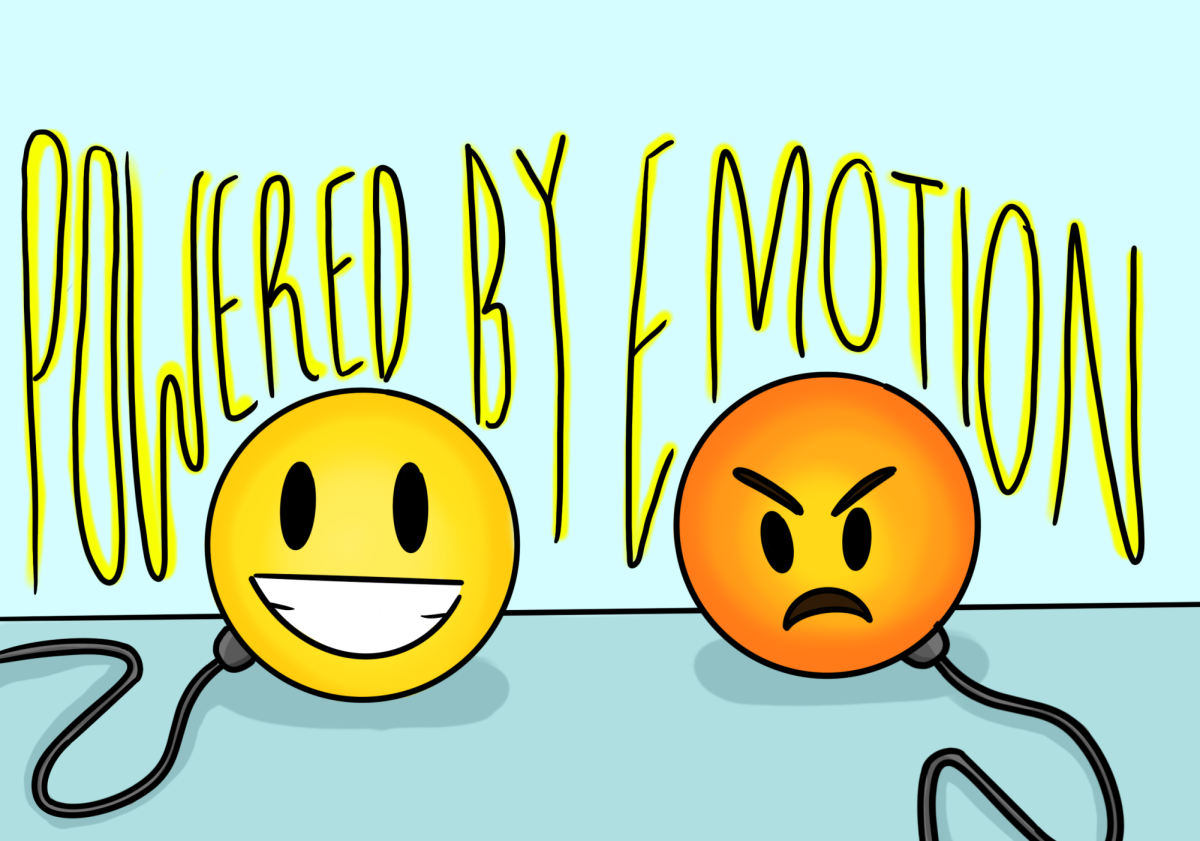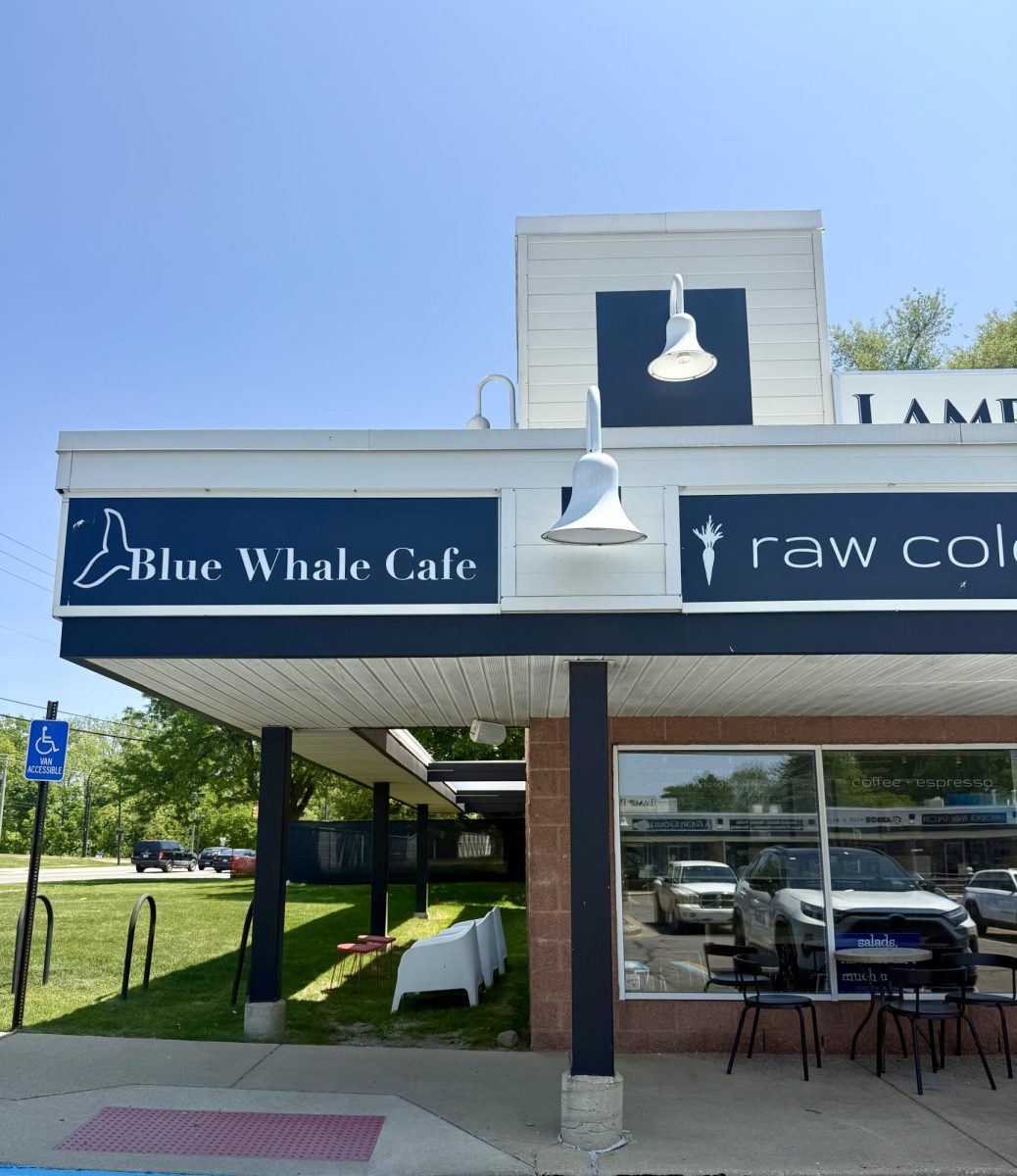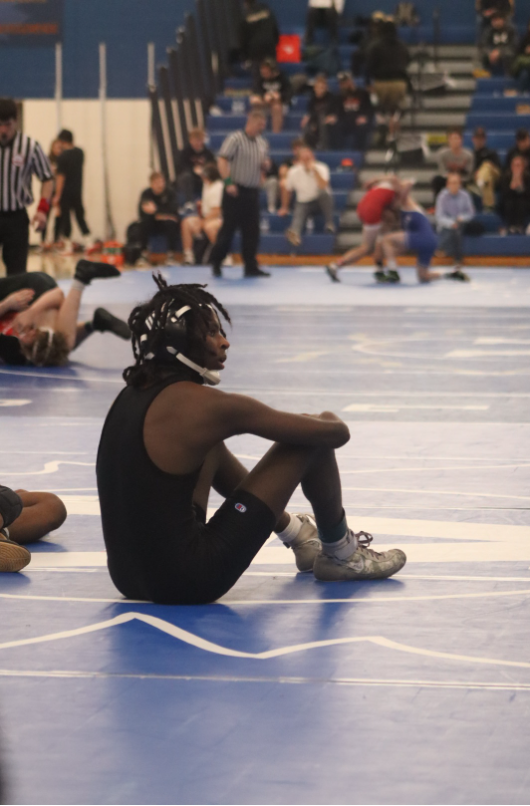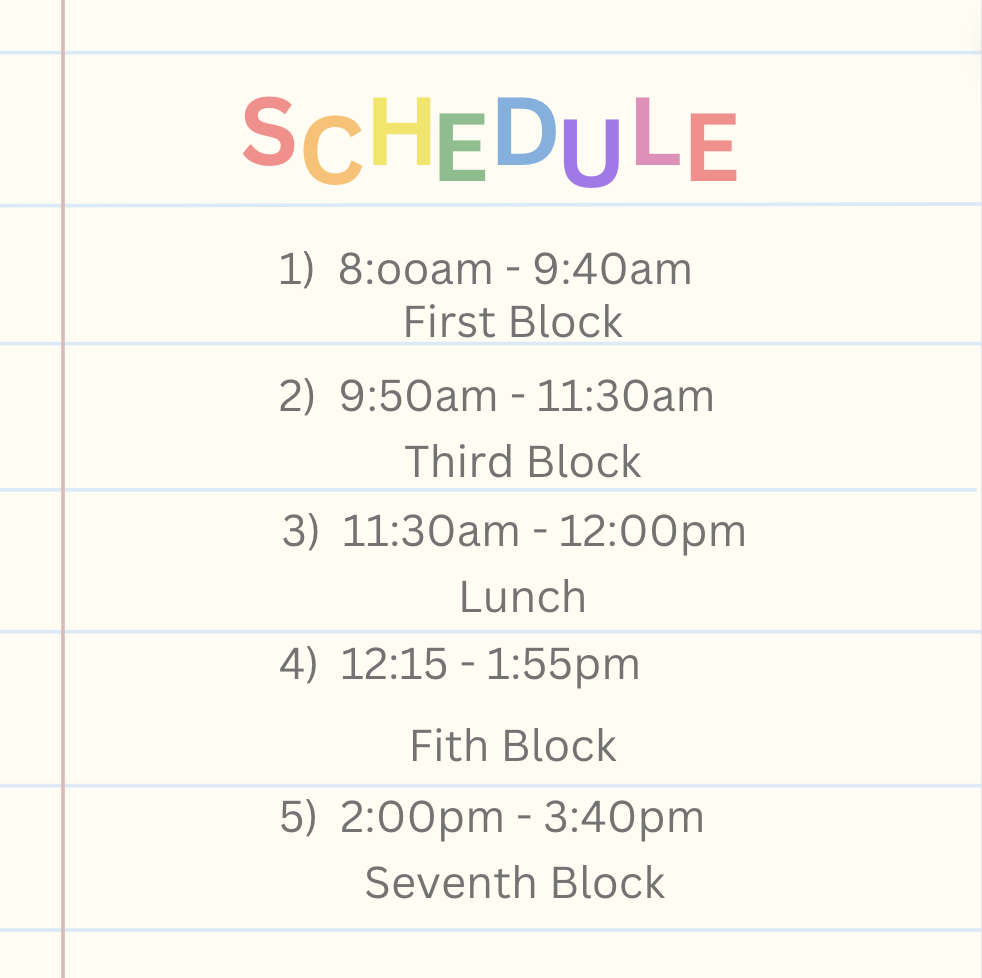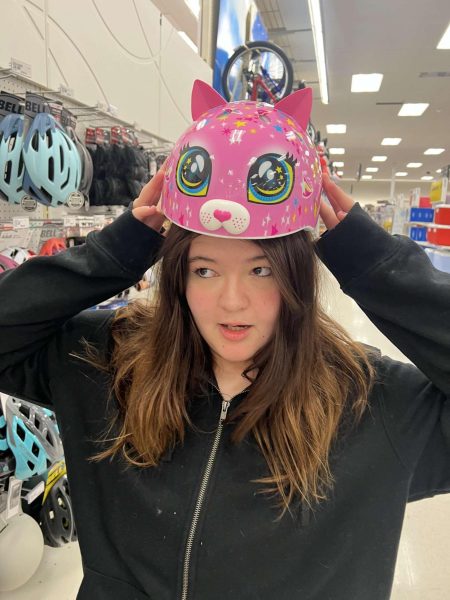Agree – Piper Cooke
A college degree is not just a piece of paper; it’s a transformative tool that can reshape your life. Whether your motive is your career or personal growth, college equips individuals with the skills, connections and knowledge necessary to thrive in this competitive society. It’s not just about the career opportunities but also about the personal growth and self-discovery that college offers.
It’s crucial to understand that college isn’t the only path to success. Many individuals can flourish without a college education, and it’s important to respect their choices. However, for those who choose to pursue higher education, it can unlock doors to opportunities they may not have otherwise.
When a college education is utilized to its full potential, it becomes a gateway to a multitude of opportunities. Contrary to a common misconception, a degree doesn’t confine individuals to a specific career path; instead, it provides a versatile foundation upon which they can build their futures, instilling confidence in their adaptability. A college degree is like a Swiss Army knife, equipping you with a variety of skills and knowledge that can be applied in various fields.
According to Northeastern University, “Of the 11.6 million jobs created since 2010, over 8.4 million jobs—95 percent—have gone to bachelor’s degree holders. Meanwhile, jobs for high school graduates have only grown by 80,000.” This data highlights the importance of pursuing higher education and how college can open up greater career opportunities than what is offered to those without a degree.
Despite the investment of both time and money required to obtain a college degree, it is more than worth it, coupled with enhanced job prospects and personal growth opportunities. Earning a bachelor’s degree is important for success in both career advancement and economic stability. A college degree can provide long-term financial security and job stability, making it a worthwhile investment.
Moreover, college opens doors to different opportunities that are essential for certain professions. Fields such as medicine, law, and engineering often require specific licenses or certifications that can only be obtained through higher education. In such cases, a college degree isn’t just advantageous but is often a prerequisite for entry into these professions.
Even if your career path doesn’t align directly with your degree, college still offers invaluable benefits. It’s a journey of personal growth, exposing you to diverse subjects and broadening your skill set for various jobs. These skills and perspectives help you evolve and adapt to a changing world. A college education serves as a sturdy foundation for life, providing individuals with security even if they wait to utilize their degree. The knowledge and skills you gain throughout college will accumulate into a well-oiled machine, ready for the workforce.
While college offers knowledge and valuable skills, it’s essential to be realistic about what college actually is. While having a degree can be super important, it is not a “training program” in the sense that it provides all the specific skills needed in the workplace. However, they do equip you with a strong foundation of knowledge and critical thinking skills that employers highly value. After earning a degree, it’s up to you to seek training and practical experience, like internships or part-time jobs in your field.
Whether one chooses to pursue higher education or not should be informed by individual circumstances, aspirations, and goals. It’s important to consider what college can do for you, but also to remember to be realistic and take into account your personal situation and ambitions. In the end college is the best choice to ensure a fruitful career and life.
Your journey is unique and college should be a part of your considerations for the future.
Disagree – Isabella Maldonado
Growing up in Ann Arbor, you are surrounded by an environment where being educated is the norm. In fact, wanting to go a different path than college makes it seem as though you’re an outsider, but college isn’t everything. Education is important, but going to college isn’t the only route to take. You can learn by going straight into the workforce, going to trade school or even taking a gap year to volunteer or travel. You don’t have to go to college but you should never stop learning.
According to Harvard’s Askwith Forum, being educated means that “ Students should leave school with a deep understanding of themselves and how they fit into the world, and have learned what some call “soft skills” — complex problem-solving, creativity, entrepreneurship, the ability to manage themselves, and the ability to be lifelong learners.”
It is important for people to be educated, but to be educated doesn’t necessarily mean you have to have a degree from an esteemed university like Harvard. To have a deep understanding of yourself and the world around you means to know who you are and where you fit. To be educated means you have the mindset that you never stop learning; it doesn’t take a degree to do that.
A step that many choose to take that doesn’t involve college yet is a gap year. Gap years allow for valuable time to find out who you are as an adult on your own in the world. Traveling is one of the most valuable experiences a young person can have, it allows you to learn new cultures, languages and how the world works outside of the corner of the world you’re from. Some people who choose the gap year path find out college isn’t the right path for them and unlock the passion they have been searching for. Some find that college is the right path for them and are glad they got to discover who they truly are before going into a new adventure.
Some decide that going straight into the workforce is the best choice for them, allowing for hands-on experience in the field they plan to work in right from the start. Experience is very important in any industry, and starting a job that you plan to continue pursuing outside of high school can help you advance quicker than those who decide to spend their time at college before, it can put you miles ahead of your peers.
According to the Pew Research Center, “There is a growing earnings gap between young college graduates and their counterparts without degrees. In 2021, full-time workers ages 22 to 27 who held a bachelor’s degree, but no further education, made a median annual wage of $52,000, compared with $30,000 for full-time workers of the same age with a high school diploma and no degree, according to data from the Bureau of Labor Statistics. This gap has widened over time.”
One of the disadvantages of not going to college though is the income gap that continues to grow year after year with more people deciding to go to college. This does add downsides to no college, but with the amount of college debt that students go into, the wage difference might not have that big of an effect when you’re paying thousands of dollars of college debt.Overall college can be an important step for some people to grow up and find who they are, but it’s not necessary to be an educated person. You can find who you are just as easily in the world without a piece of paper with your name on it saying you’re smart. College isn’t everything.





